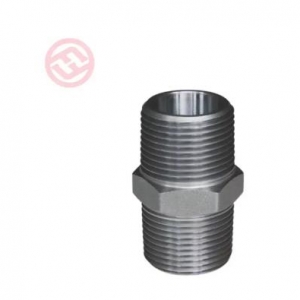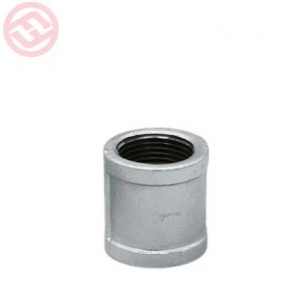Organic baby wet wipes contribute to environmental sustainability in several ways when compared to non-organic alternatives:
-
Biodegradability: Many organic baby wet wipes are designed to be biodegradable, meaning they can naturally break down over time. This reduces the environmental impact when they are disposed of in landfills or composted. Non-organic wipes, especially those made with synthetic materials, may not biodegrade as easily or quickly.
-
Sustainable Materials: Organic baby wet wipes often use sustainable and renewable materials in their production, such as plant-based fibers like bamboo or organic cotton. These materials are more environmentally friendly compared to non-organic wipes that may rely on non-renewable resources or synthetic materials.
-
Reduced Chemicals: Organic baby wet wipes are typically free from harsh chemicals, fragrances, and synthetic additives that can be harmful to the environment. Non-organic wipes may contain chemical ingredients that can leach into the environment when disposed of or harm aquatic ecosystems.
-
Eco-Friendly Packaging: Many organic baby wet wipe brands use eco-friendly packaging, such as recyclable or biodegradable materials, to minimize the environmental impact of the product's packaging. Non-organic wipes may use less environmentally friendly packaging options.
-
Cruelty-Free and Ethical Practices: Organic baby wet wipe manufacturers may follow ethical and cruelty-free practices in their production process. This can include not testing on animals and adhering to sustainable and fair labor practices. These considerations contribute to overall environmental and social sustainability.
-
Natural Ingredients: Organic baby wet wipes are often made with natural, plant-based ingredients that are less harmful to the environment when they break down. Non-organic wipes may contain synthetic ingredients that can persist in the environment.
-
Lower Carbon Footprint: The production of organic baby wet wipes may have a lower carbon footprint due to the use of sustainable and renewable materials, as well as reduced chemical processing. This helps reduce greenhouse gas emissions associated with manufacturing.
It's important to note that not all products labeled as "organic" are created equal, so consumers should look for certifications or transparent labeling that verifies the organic and sustainable claims of the product. Choosing organic baby wet wipes can be an environmentally responsible choice for parents who are concerned about reducing their ecological footprint and minimizing their impact on the environment.
What are the key ingredients used in organic baby wet wipes?
The key ingredients used in organic baby wet wipes may vary slightly depending on the brand and specific product, but they are generally formulated to be gentle, safe, and environmentally friendly. Here are some common ingredients found in organic baby wet wipes:
-
Water: Purified water is the primary ingredient and serves as the base of the wipe solution.
-
Organic Aloe Vera: Aloe vera is known for its soothing and moisturizing properties. It helps keep the baby's skin hydrated and reduces irritation.
-
Organic Chamomile: Chamomile extract is used for its anti-inflammatory and calming properties, which can be beneficial for sensitive baby skin.
-
Organic Calendula: Calendula extract is another soothing ingredient known for its skin-soothing properties.
-
Organic Cucumber: Cucumber extract is often included for its refreshing and hydrating effects.
-
Organic Lavender: Lavender oil or extract may be added for its mild fragrance and potential calming properties.
-
Organic Coconut Oil: Coconut oil is a natural moisturizer that helps keep the baby's skin soft and hydrated.
-
Organic Tea Tree Oil: Tea tree oil has antibacterial properties that can help maintain hygiene in the diaper area.
-
Organic Olive Oil: Olive oil is a gentle moisturizer and can help protect the baby's skin.
-
Plant-Based Fibers: Many organic wipes use plant-based fibers such as bamboo or organic cotton as the material for the wipe itself. These materials are renewable and biodegradable.
-
Natural Preservatives: Organic baby wipes may use natural preservatives like vitamin E or rosemary extract to extend shelf life.
-
Other Natural Ingredients: Some products may include additional natural ingredients like shea butter, organic baby wet wipes jojoba oil, or glycerin to provide moisture and protection for the skin.
It's important to note that organic baby wet wipes are formulated to be free from harmful chemicals, synthetic fragrances, parabens, phthalates, and other potentially irritating or toxic substances. They are designed to be safe and gentle on a baby's sensitive skin while also being environmentally responsible. When choosing organic baby wet wipes, it's advisable to carefully read the product's label to ensure it meets your specific criteria for organic and natural ingredients.







